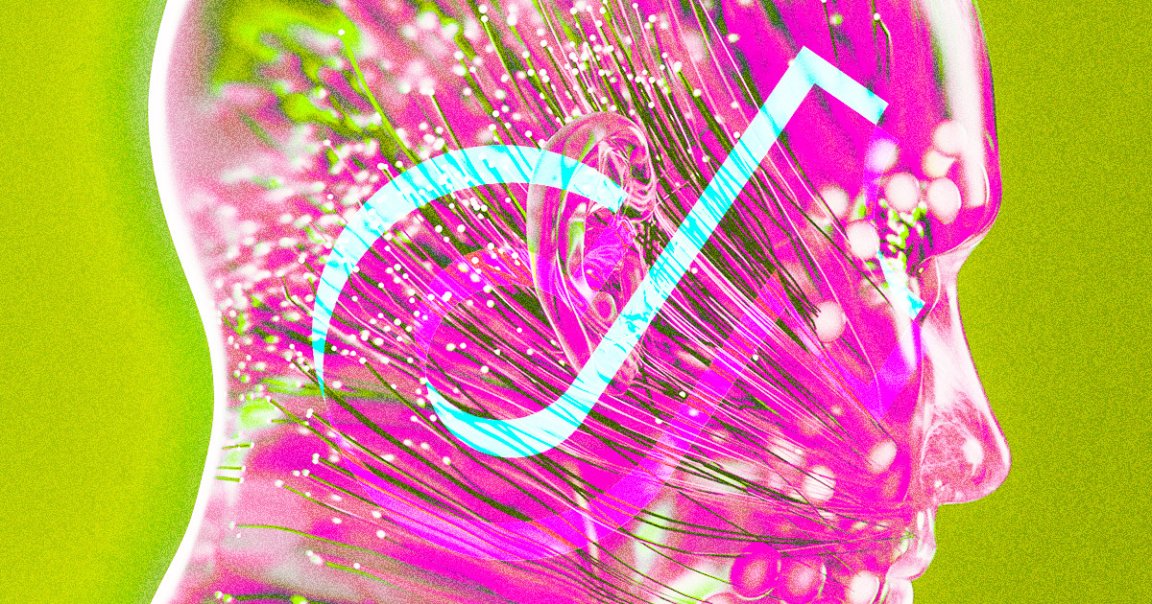
Mediocrity Magnet
Despite dominating the app market, TikTok’s owner is irked that his people didn’t move on artificial intelligence sooner.
Liang Rubo, the cofounder of TikTok’s parent company ByteDance, told employees in a company-wide meeting attended by workers from all over the world that they should have been paying more attention to AI as it grew into the giant disruptor it now is, as the company explained in posts on WeChat, a messaging app it owns similar to WhatsApp or Telegram.
Because they missed the boat, the company is now risking “mediocrity,” the owner warned.
“Our company is not sensitive enough (to new technologies),” Liang said, per Reuters‘ translation of the posts. “For example, discussions about [OpenAI’s] GPT did not appear in our half-year tech review until 2023, although GPT-1 was already released in 2018.”
Be that as it may, the company’s lateness to the AI game didn’t preclude it from asking forgiveness rather than permission. In December, The Verge revealed that ByteDance had secretly been using OpenAI’s software to build its own large language model (LLM), and although it argued that the usage was justified, OpenAI suspended the company’s account pending investigation all the same.
Harder, Better, Faster, Stronger
In his remarks, Liang went on to claim that the company’s rapid expansion in recent years had actually hindered its ability to innovate, citing internal red tape that makes projects drag on that would be easier for a smaller startup.
“For many good startup teams, they are very familiar with the industry,” the ByteDance owner said. “They can quickly spot any new projects appearing on GitHub, and then they start seeking acquisition or partnership opportunities.”
Companies more advanced in the AI space, Liang continued, built out their LLMs between 2018 and 2021. While it doesn’t appear that he called out any companies by name, there are several firms that come to mind when considering that timeframe, including OpenAI, Google’s DeepMind, Microsoft, and Meta-formerly-Facebook.
As the South China Morning Post reported, ByteDance did release Coze, a platform similar to OpenAI’s GPTs custom chatbot market, in China. Beyond the claims that the company had been using OpenAI’s code, the opening of the platform could represent an opening because OpenAI formally pulled its services from the country last summer due to political tensions.
For a late bloomer, ByteDance seems to be doing pretty well in the AI world if it’s launched its own version of GPTs — so it may well be that Liang is using Steve Jobs-style tough love to push his 110,000-strong workforce that much harder.
More on TikTok and AI: TikTok Facing Huge Crisis as It Loses Taylor Swift, BTS, Drake Over Its AI Features